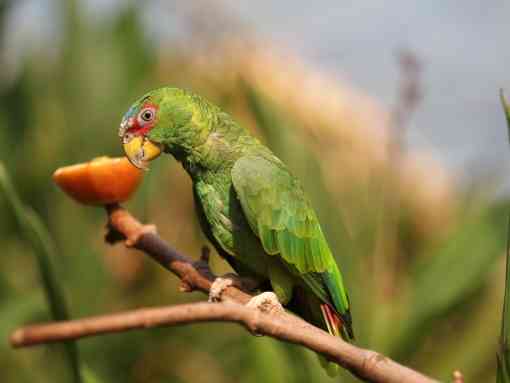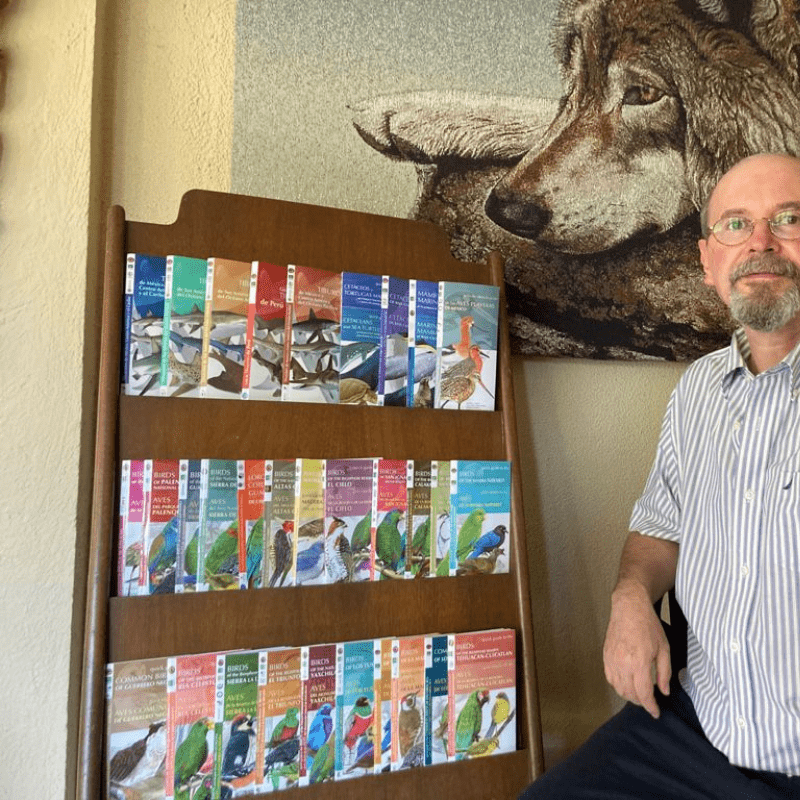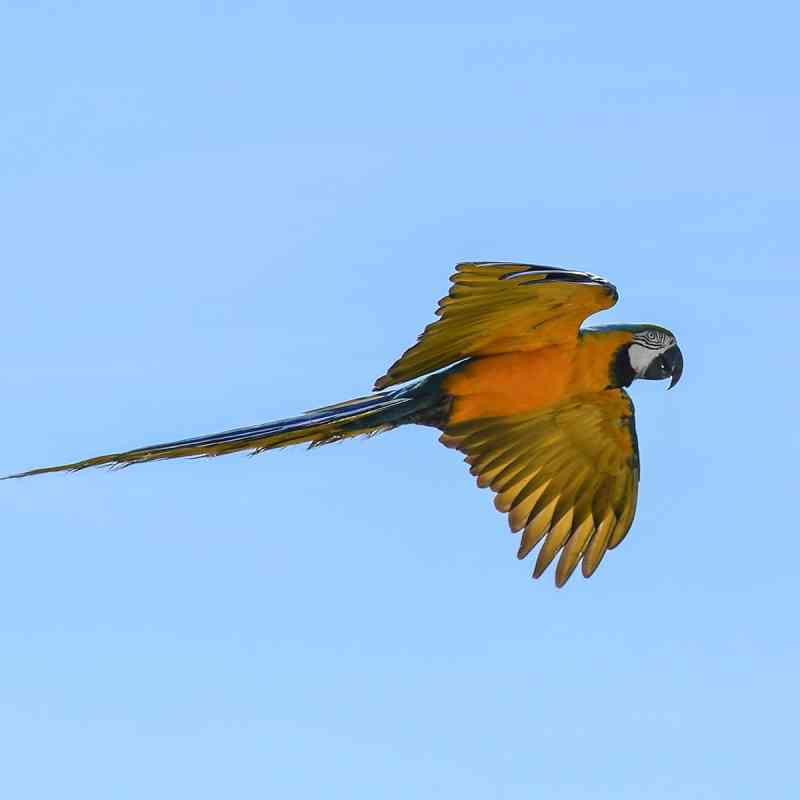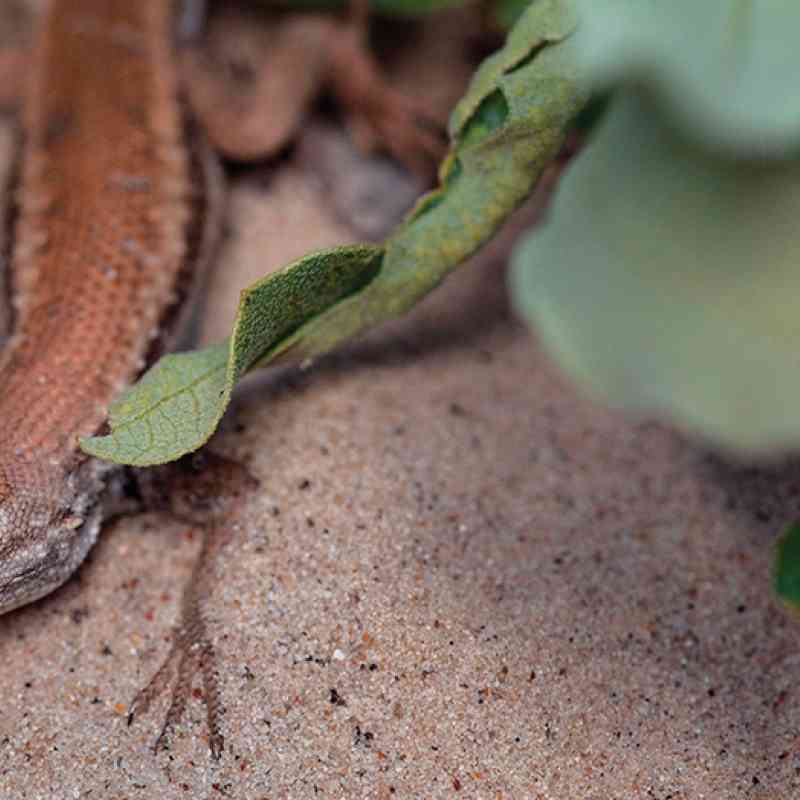Tweet“Parrots are one of Mexico’s most iconic and beautiful species. This policy, along with a robust education campaign is clearly working and can hopefully be explored as a model for other trafficked species in Mexico and in other countries looking to protect their valuable biodiversity.”
A new report by Defenders of Wildlife found that tens of thousands of parrots have been saved from poaching following Mexico’s parrot trade ban in 2008. This is promising news for Mexico’s 22 parrot species, all of which are threatened, endangered or in need of special protections.
“Parrots are one of Mexico’s most iconic and beautiful species,” said Juan Carlos Cantu, a parrot expert with Defenders of Wildlife. “This policy, along with a robust education campaign is clearly working and can hopefully be explored as a model for other trafficked species in Mexico and in other countries looking to protect their valuable biodiversity.”
Before the ban, it was estimated that poachers and smugglers illegally traded as many as 78,000 parrots each year. Criminalizing the parrot trade and increasing funding for conservation efforts and education resulted in a 47 percent drop in illegal trade, saving up to 37,000 imperiled birds annually. The drop in trade was reflected in most of the nation's parrot species, with only a few showing increases, such as the scarlet macaw.
In the 14 years since the ban’s implementation, seizures of Mexican parrots in the United States declined by 88 percent.
Using data reported by three different administrations, Defenders measured an increase in searches or other operations targeting illegal parrot traders by the Federal Attorney Office for the Protection of the Environment in Mexico against a decrease in actual seizures to determine the downward trend in illegal trafficking.
The crackdown on the illegal parrot trade faced steep criticism prior to its implementation from those worried it might only encourage more illegal trafficking; however, that criticism now appears unfounded.
“The decline in parrot smuggling is truly encouraging. While there is much more that can be done to protect parrots in Mexico, this policy's success demonstrates what can be achieved through targeted conservation efforts,” said Cantu.
For over 75 years, Defenders of Wildlife has remained dedicated to protecting all native animals and plants in their natural communities. With a nationwide network of nearly 2.1 million members and activists, Defenders of Wildlife is a leading advocate for innovative solutions to safeguard our wildlife for generations to come. To learn more, please visit https://defenders.org/newsroom or follow us on X @Defenders.





